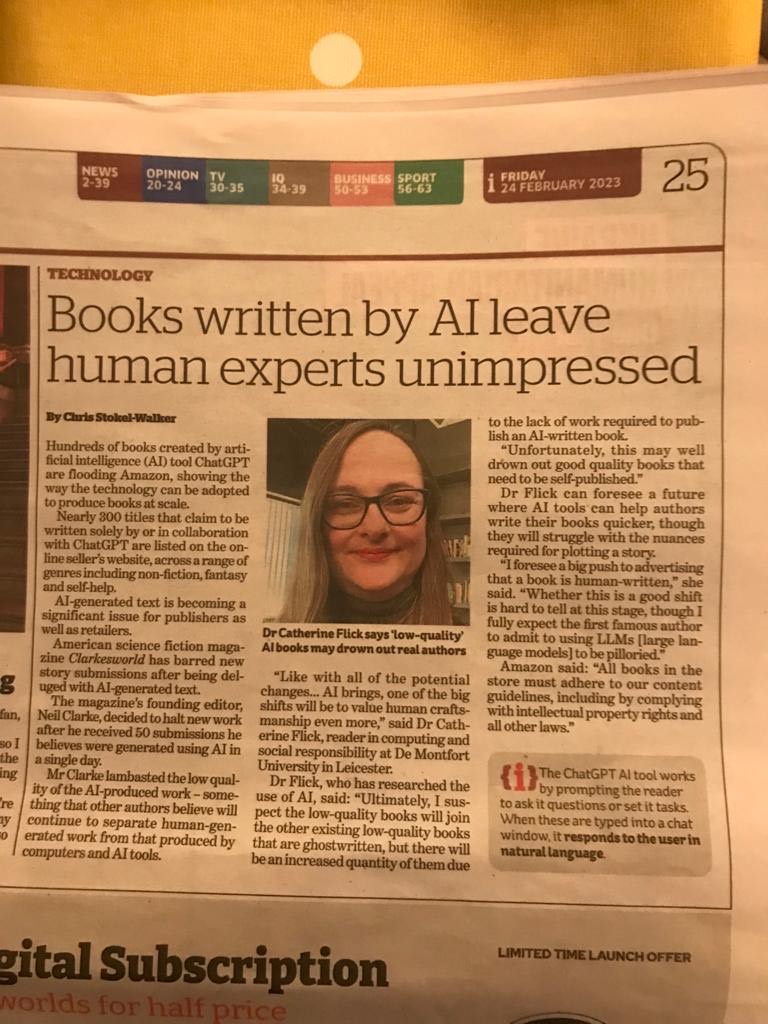Yesterday the UK government released its new Video Game Research Framework.
The framework establishes a structure that guides games research and development and presents exemplary research practices, and it is important to everyone in games because it represents the first time that policy makers, industry and independent researchers (academics) in a key games market (the UK) sat down and took a good, hard look at themselves, games, their work so far in the context of games, and how to realise the positive potential of games in society, while avoiding the negatives. These same stakeholders then discussed what information and knowledge is needed to achieve that positive potential, and then hashed out a plan for how to get there.
This has importance outside of the specific confines of UK-based games R&D. The framework as it exists now sets out the research priorities – it tells is what knowledge we need to build. That is relevant whether you are based in the UK or not.
Furthermore, the framework establishes a range of best practices for how to build that knowledge, and provides standard for academic and industrial research.
The recommended priorities within the framework encompass understanding the motivations behind people’s engagement with games, investigating the influence of games on both physical and mental well-being, and examining the effects of in-game elements, such as expenditures and advertising, on players’ overall experiences. Additionally, the framework proposes broader areas of concentration, including exploring the economic possibilities of the industry and investigating the role of video games in education.
But importantly, the framework moves beyond just setting research priorities, but also covers challenging topics such as ethics, data privacy, data sharing, online safety design, and the economic impact of games. These are topics that it can be challenging to deal with, but nonetheless, we must do so in an open and transparent way, informed by data sharing and collaboration, if we are to move forward in a significant way.
Data sharing is particularly important – for an industry with an estimated 4bn active users and some 225bn USD in global revenue, preciously little hard market and behavioural insights exists. We have done a lot of laboratory-based or small-scale work in games, but there is longer between the papers that work with the ultra-large scale data that the games industry holds. Similarly, it is rare to see the industry collaborating with academics to reach players. There are good reasons for this – liability issues, data protection, and other factors can make collaboration cumbersome. In this, the framework also helps, providing a strong methodological foundation to guide data sharing including suggestions on how to respect relevant law and gathering data with player consent.
The framework even considers broader research priorities, including AI and heritage, to encourage academics to think about tackling a broad variety of games-related topics.
We are among the academics who worked with the other stakeholders on the year-long process of creating the framework. As public experts, we are used to working with policy makers and with industry, but it is a bit rare to have all three in the room together in the way that it has happened here. It speaks well of the UK government (and the DCMS in particular) that it has taken up the challenge of how to realize the immense positive potential of games – learning 21st century key skills, enabling creativity, building meaningful social connections, alleviating stress, enabling new forms of learning at scale, and more besides – and is not afraid to confront the problematic aspects of games either – gambling-like experiences, well-being impacts, ethical issues, legal challenges, toxic behaviour, predatory monetization and similar challenges.
The support of UK games industry stakeholders such as UKIE and TIGA are a keystone in the process of turning this ambition into reality. The framework puts forward a socially responsible agenda regarding data sharing, ethical game monetization and ensuring player wellbeing. But it is only when industry, academics, and policy makers work together in harmony that these goals can be realised. We eagerly anticipate to a new generation of open and equitable data access and collaboration with industry in light of the framework.
The Video Games Research Framework provides us with a roadmap for exceptional research and development, benefiting policymakers, the gaming industry, and ultimately all the billions of people who engage with games and recognize their ever-growing significance in our lives.
Anders Drachen (University of Southern Denmark/University of York, Director, SDU Metaverse Lab), David Zendle (University of York, Director, Digital Observatory, & Catherine Flick (Centre for Computing and Social Responsibility, De Montfort University)
Follow this blog on the Fediverse: @cflick@blog.liedra.net
Want to comment? Copy me in: @CatherineFlick@mastodon.me.uk
